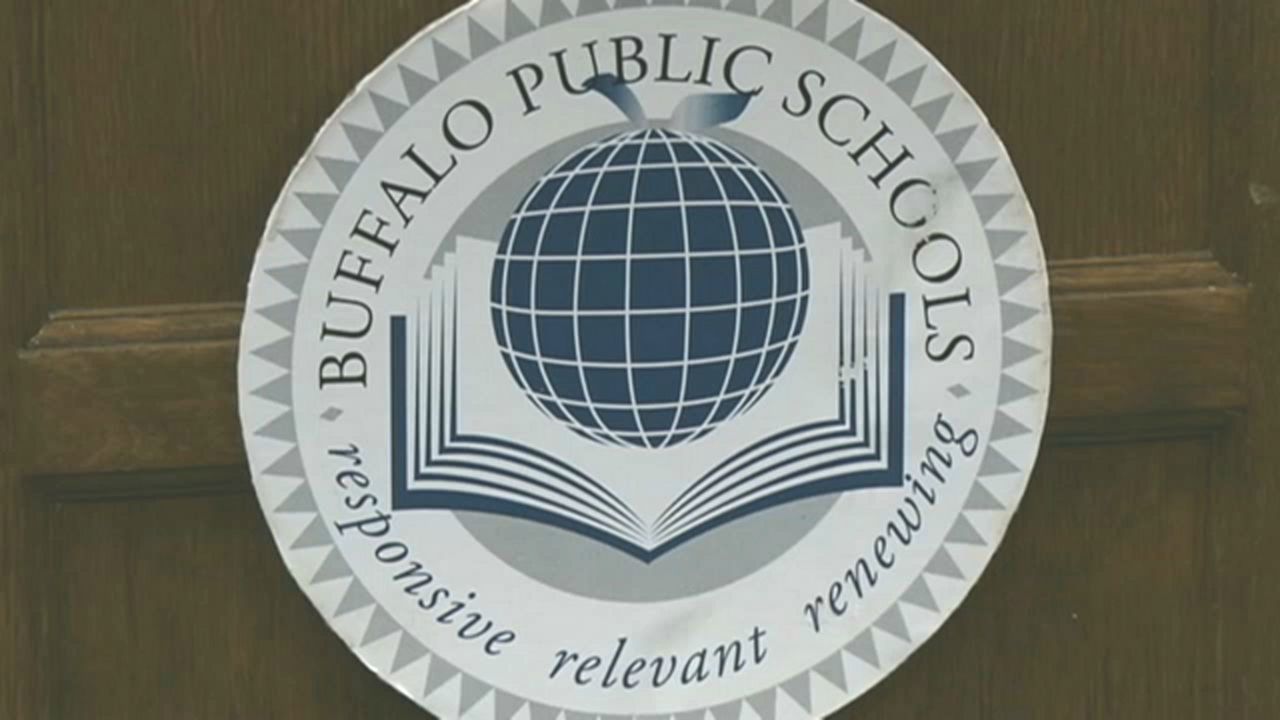Buffalo State University on Thursday announced its “Framework for Financial Sustainability” plan to help the university tackle a $16.5 million deficit, and it calls for cutting dozens of programs.
Thirty-seven degree programs, certification titles, concentrations, minors and certificates have been identified for discontinuation at the university.
“Many of them are Bachelor of Fine Arts concentrations, which means programs such as printmaking, photography, paper making — programs that were once very highly sought after and had concentrations but are not as highly sought after,” said Dr. Bonita Durand, interim president, Buffalo State University.
The university says as of May 2024, 27 programs have been chosen for deactivation and have completed or are in review by State University of New York (SUNY) and New York state. Students will no longer be admitted to those programs and those who are currently in the programs — a total of 34 enrolled students — will be able to complete them. Ten additional programs are under review for spring 2025. A full list can be found here.
“In our world, they're going to be deactivated or discontinued,” said Durand. “We just have to review them through the process.”
This is part of Durand's goal to increase and stabilize enrollment, which the university says has declined by 42% over the last decade. She says the university aims to tackle that issue through intensive recruitment and support programs.
The plan to combat the deficit facing the university also includes a continuation of a campus-wide hiring freeze — which was previously planned to last 12 months — and the continuation of a phased retirement program. On Thursday, the university announced a voluntary separation program.
Durand says the university will have to reduce the workforce while increasing the enrollment.
“The two retirement programs are voluntary,” Durand said. “The hiring freeze is not. But it also gives us a chance to relook and retool at what we really need to keep our strong programs moving forward and looking forward.”
Fred Floss, a professor at the university’s Department of Economics and Finance, says Durand has done the best job she could possibly do under the circumstances, but suspects a lot of faculty will take the voluntary separation and other options given.
“You have to realize that a number of our departments, we haven’t been able to hire in a long time,” Floss said. “So they’re very senior. And my real fear is that we’re going to wake up and realize that a number of departments don’t have the faculty, even though they’re most important majors for Western New York.”








